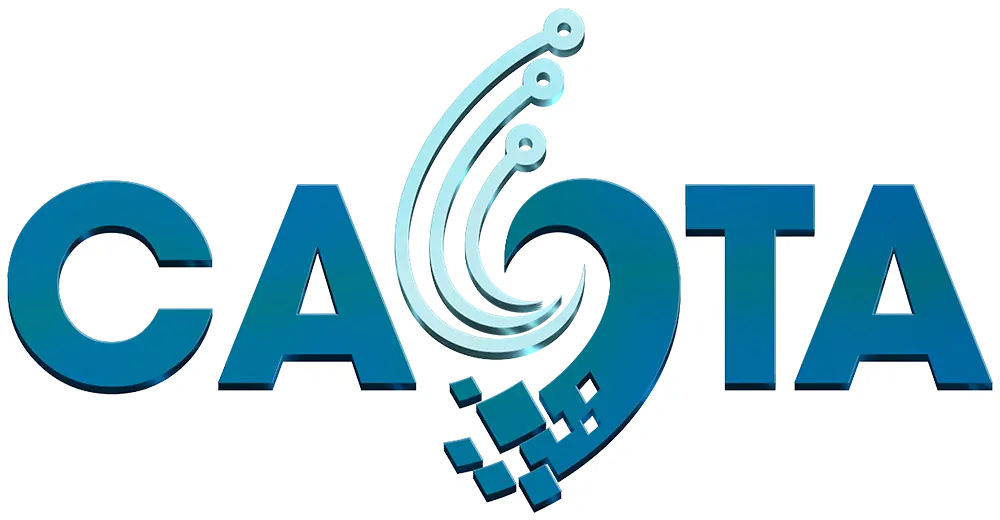In the Mekong Delta, small-scale farmers still make up the majority. This creates significant challenges in accessing modern post-harvest preservation technologies due to high costs and a lack of infrastructure. In this context, agricultural cooperatives (co-ops) play a pivotal role in bringing technology closer to farmers while creating closed-loop value chains for preserving and marketing agricultural products.
Cooperatives can invest in centralized cold storage systems, drying lines, modified atmosphere packaging (MAP) equipment, or biological preservation systems with costs shared among members. This enables farmers to preserve their produce after harvest instead of selling off their crops at low prices during bumper seasons. Additionally, co-ops act as key intermediaries for technology transfer from research institutes, universities, and private enterprises.

Some exemplary cooperatives include the "Clean Agricultural Products Co-op" in Tien Giang, which has invested in cold storage and low-temperature drying systems to process mangoes, jackfruit, and longan for both domestic and export markets. In Can Tho, the "Safe Vegetables Co-op" applies temperature and humidity sensors combined with microbial preservation methods to extend the freshness of leafy greens.
Beyond preservation, co-ops also contribute to training farmers in using new technologies, developing food safety standards, and ensuring product traceability. This enhances transparency and meets the demands of modern markets.
To further empower co-ops, supportive policies are needed in areas such as credit access, equipment provision, and human resource training. When cooperatives are properly “empowered,” preservation technology will no longer seem out of reach but will become a driving force for development among millions of farmers across the Mekong Delta.
Ngày đăng: 05-06-2025

